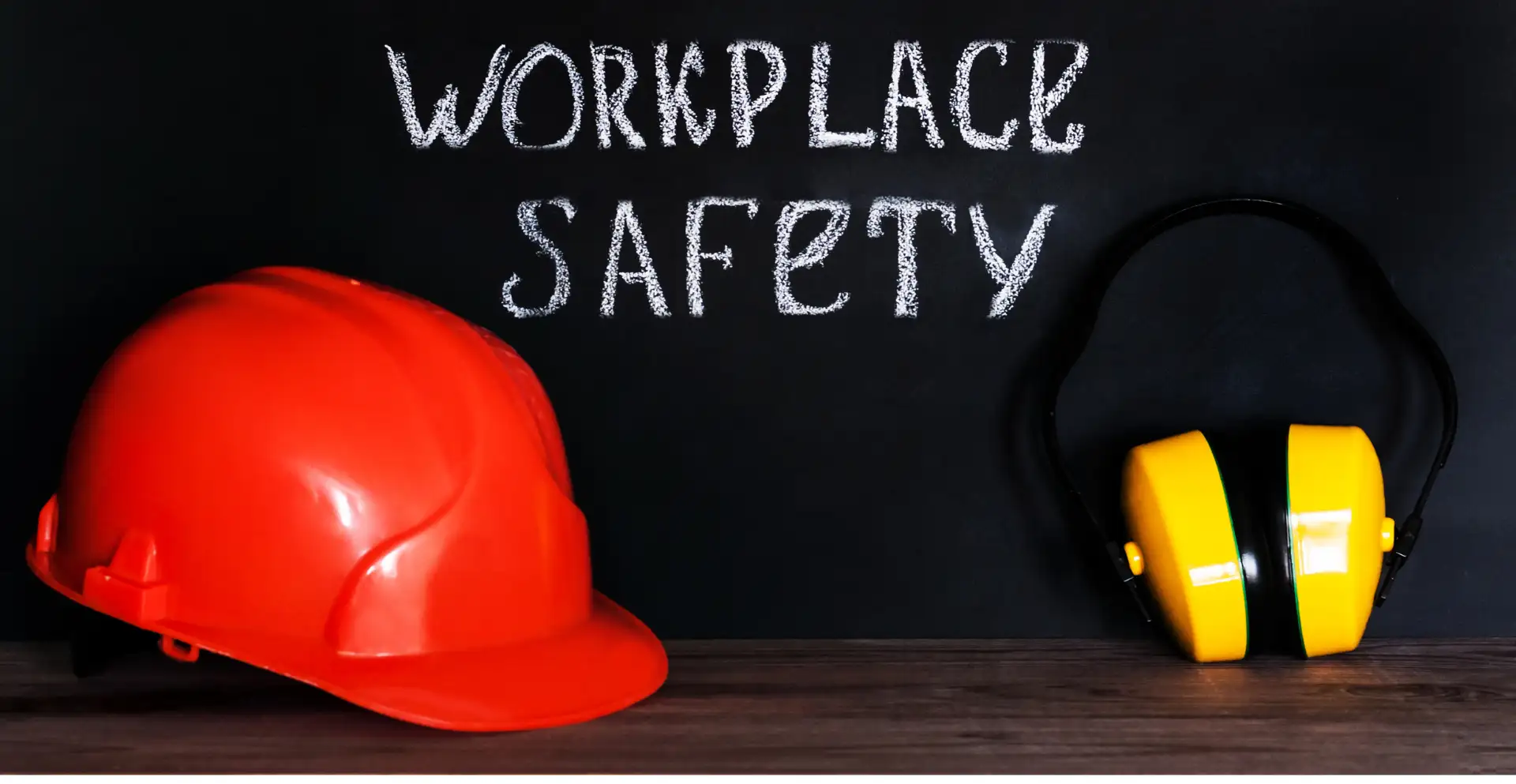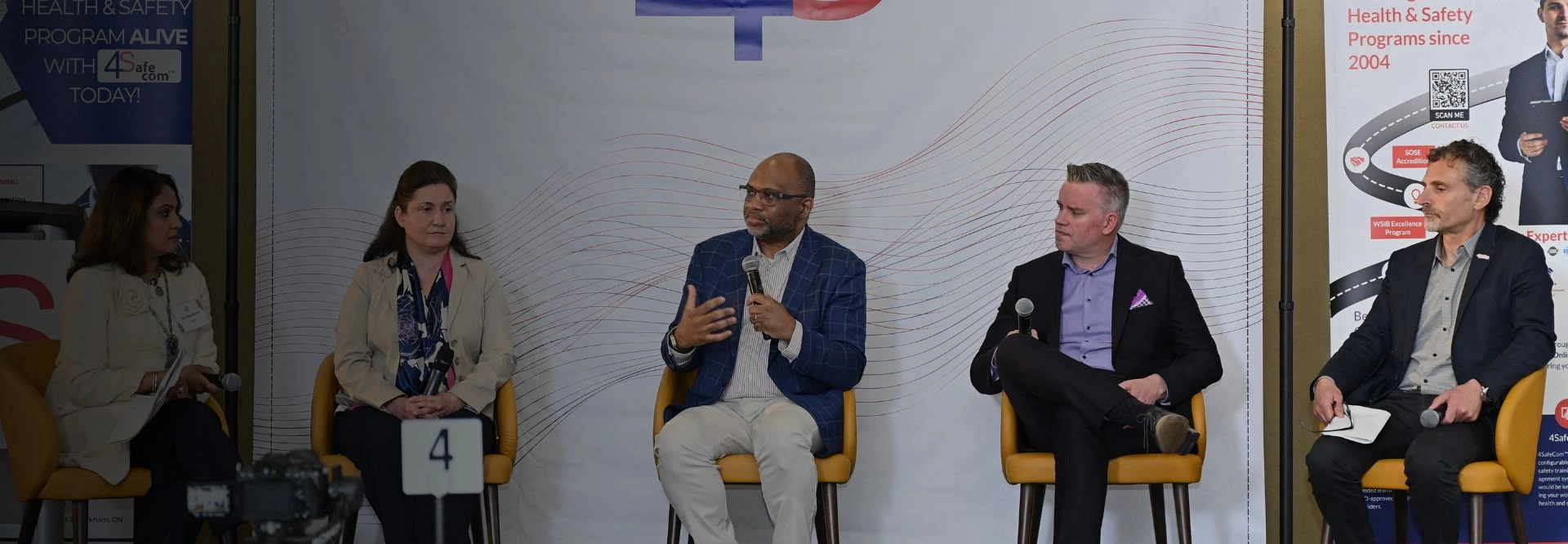
A Conscious Shift Toward Workplace Health and Safety
5 min read For many years, workplace health and safety has been viewed primarily through the lens of compliance. Policies, procedures, regulations, audits, and training

5 min read For many years, workplace health and safety has been viewed primarily through the lens of compliance. Policies, procedures, regulations, audits, and training

5 min read A recent ruling in London, Ontario highlights the critical legal requirement to provide workers with an immediate means of summoning assistance. On

5 min read When running a hotel, restaurant, bar, or event venue, your team’s well-being isn’t just a box to check—it’s a cornerstone of operational

5 min read You will be surprised to see the extent health and safety technology can influence your organization’s safety culture. All of us know

5 min read Regular hazard assessments are crucial for identifying and mitigating workplace risks, ensuring employee safety, and maintaining compliance with Occupational Health and Safety

5 min read The importance of an effective health and safety program in any organization cannot be overstated. Such programs not only protect employees and

5 min read In the realm of Occupational Health and Safety (OHS), the stakes are invariably high, with each incident casting a long shadow over

5 min read Repetitive Strain Injuries (RSIs) are a prevalent yet often overlooked health concern affecting millions of individuals worldwide. As we observe Repetitive Strain

5 min read Ontario’s Occupational Health and Safety Act (OHSA) is about to undergo significant legislative changes. Starting July 1, 2025, amendments introduced under the

5 min read In today’s bustling and competitive economic landscape here in Ontario, workplace safety and compliance regulations are paramount for organizations of all sizes

5 min read The recent Supreme Court decision in the City of Sudbury vs MLITSD case highlights significant legal responsibilities for municipalities in Ontario regarding

5 min read In a world where employee well-being and workplace safety take precedence, organizations are realizing the significance of implementing robust Occupational Health and

5 min read Preparing for an MOL Inspection in Canada is essential for every employer that wants to stay compliant, avoid penalties, and protect workers.

5 min read Accidents are a part of life, but when it comes to slips, trips, and falls, a little prevention can go a long

7 min read A well-rounded Occupational Health and Safety (OHS) program is not just a legal requirement; it is an investment in your workforce and

5 min read In today’s dynamic and competitive economic landscape, organizations are increasingly recognizing the importance of prioritizing health and safety in the workplace. While

5 min read This article delves into the critical aspects of workplace safety, focusing primarily on the definitions and implications of occupational injuries and illnesses,

5 min read The Occupational Health and Safety Act has listed down the following duties of a supervisor, which he or she must comply with:

5 min read Be it workplace safety or in any field, having a continuous improvement plan is crucial to ensure well-calibrated progress. Drive for continuous

5 min read With increased supervisory prosecutions and penalties, OHS due diligence is becoming extremely crucial for organizations. The introduction of amendments to the Criminal

5 min read RACE stands for Recognize, Assess, Control, and Evaluate. It is a common process adopted by an organization to deal with workplace hazards.

5 min read The keys to attracting talent in an industry are money, resources required to train, opportunity, and workplace safety. If any of these

5 min read Workplaces today are fast paced and driven by technology with workers spending much of their time engaged in professional activities. Working at

5 min read On May 30th 4S Consulting hosted a Safety Awareness Seminar at the Toronto Hilton North in Markham. The event was attended by

5 min read On May 30, 2024, Markham, Ontario, became the epicenter of occupational health and safety (OHS) excellence during our event, “New Horizons in

5 min read Safety culture is more than just policies and compliance; it’s about building a culture that prioritizes the well-being of workers at every

5 min read You will be surprised to see the extent health and safety technology can influence your organization’s safety culture. All of us know

5 min read There are 3 key things that your OHS trends must be able to tell you as a business owner. Ideally, occupational health

5 min read As Canada gears up for the enthralling solar eclipse set to unfold on the 8th of April 2024, it’s crucial to prioritize

5 min read In a sobering reminder of the critical importance of workplace safety, a waste transfer facility based in Toronto, Ontario, faced severe consequences

5 min read Canada is experiencing a dramatic rise in the frequency and intensity of wildfires in recent years. Climate changes, prolonged droughts, and forest

5 min read It encourages workers to view health and safety as a ‘core responsibility’ rather than just a legislative requirement’. It starts with the

5 min read Health and safety hazards can appear due to factors such as people, equipment, material, environment, and process. What’s more, accidents and incidents

5 min read In June of 2023 the Ontario government brought into law the fact that all employers must do a risk assessment to determine
Sign up to our mailing list to receive announcements on early bird pricing, sponsorship opportunities, headlines speakers, awards and more!